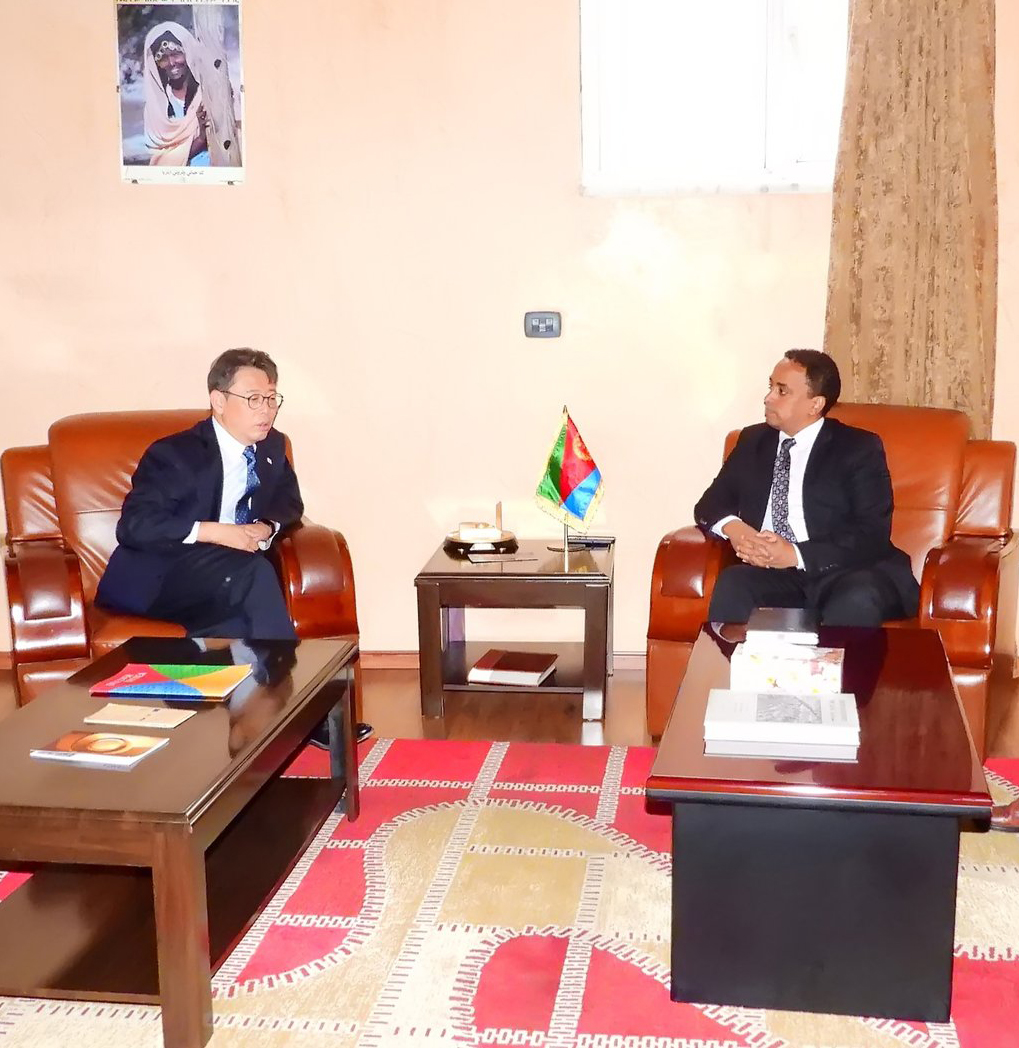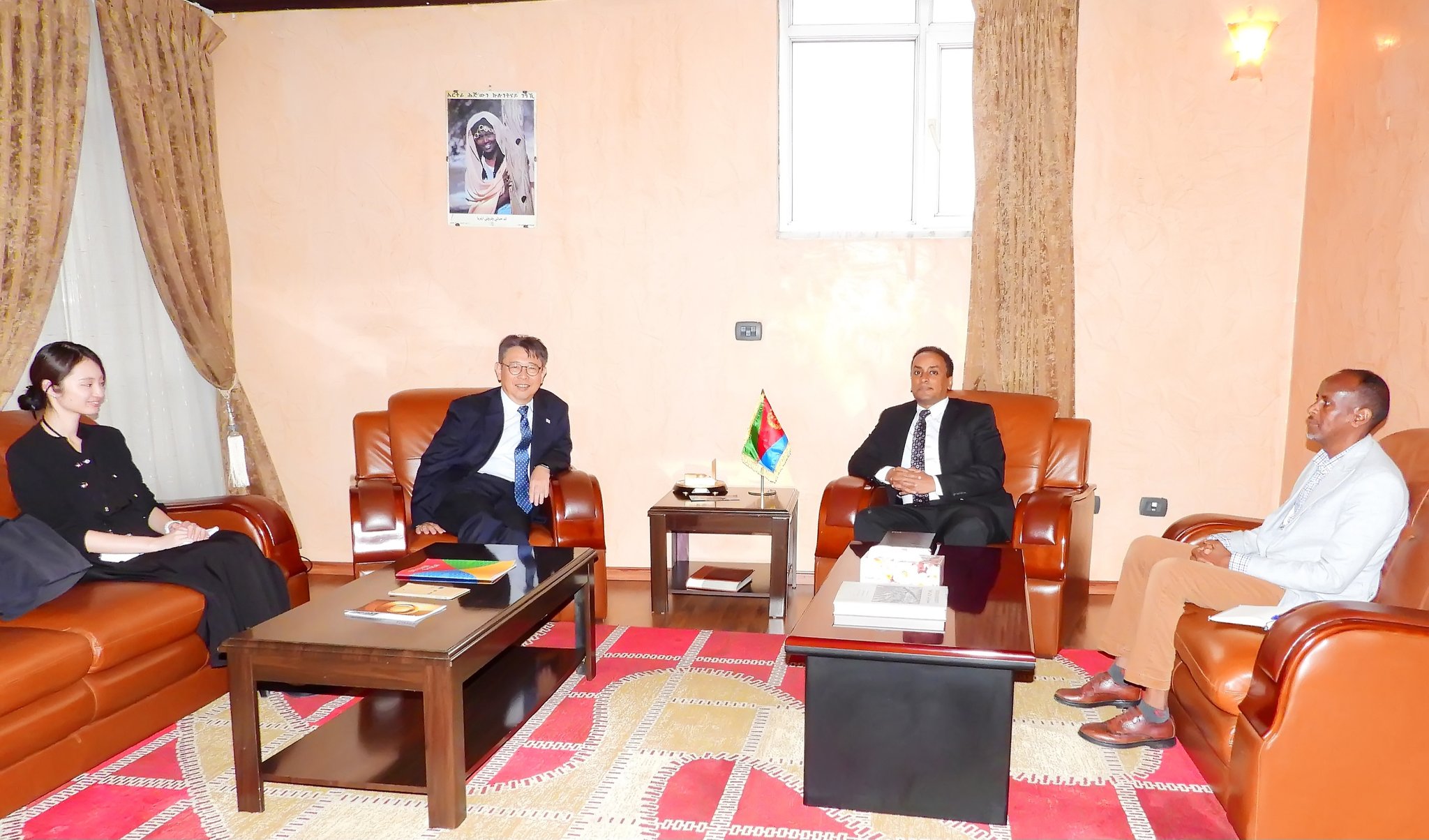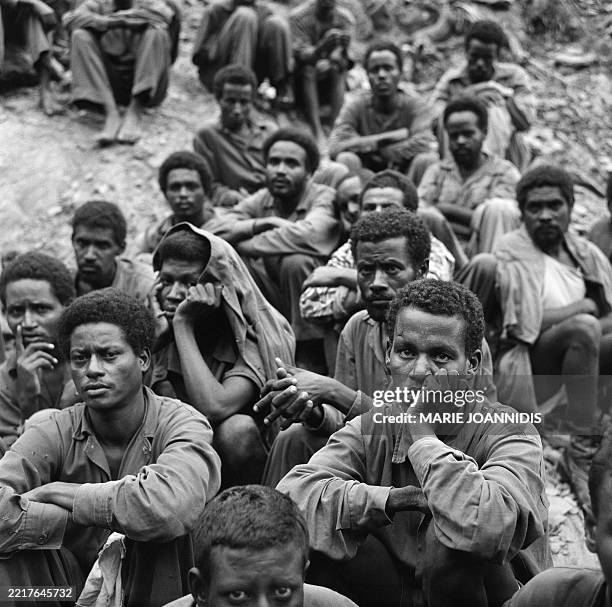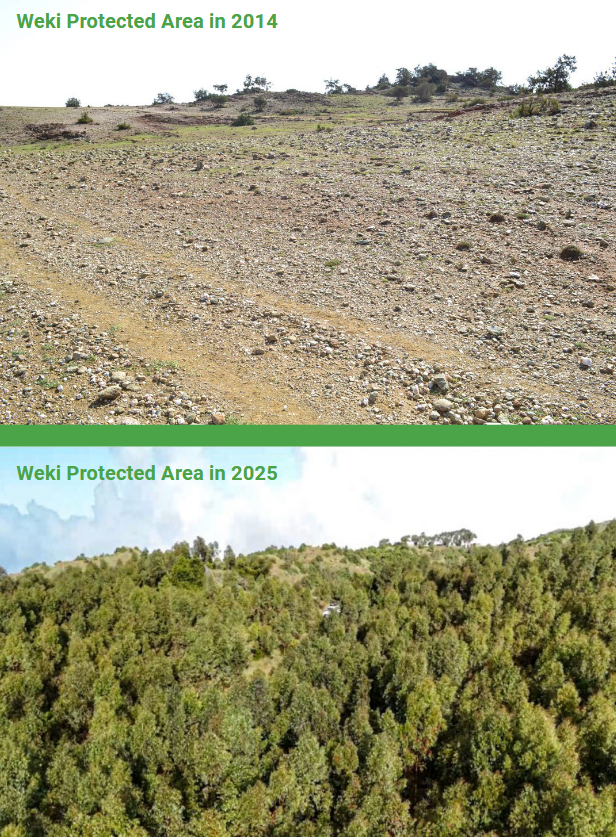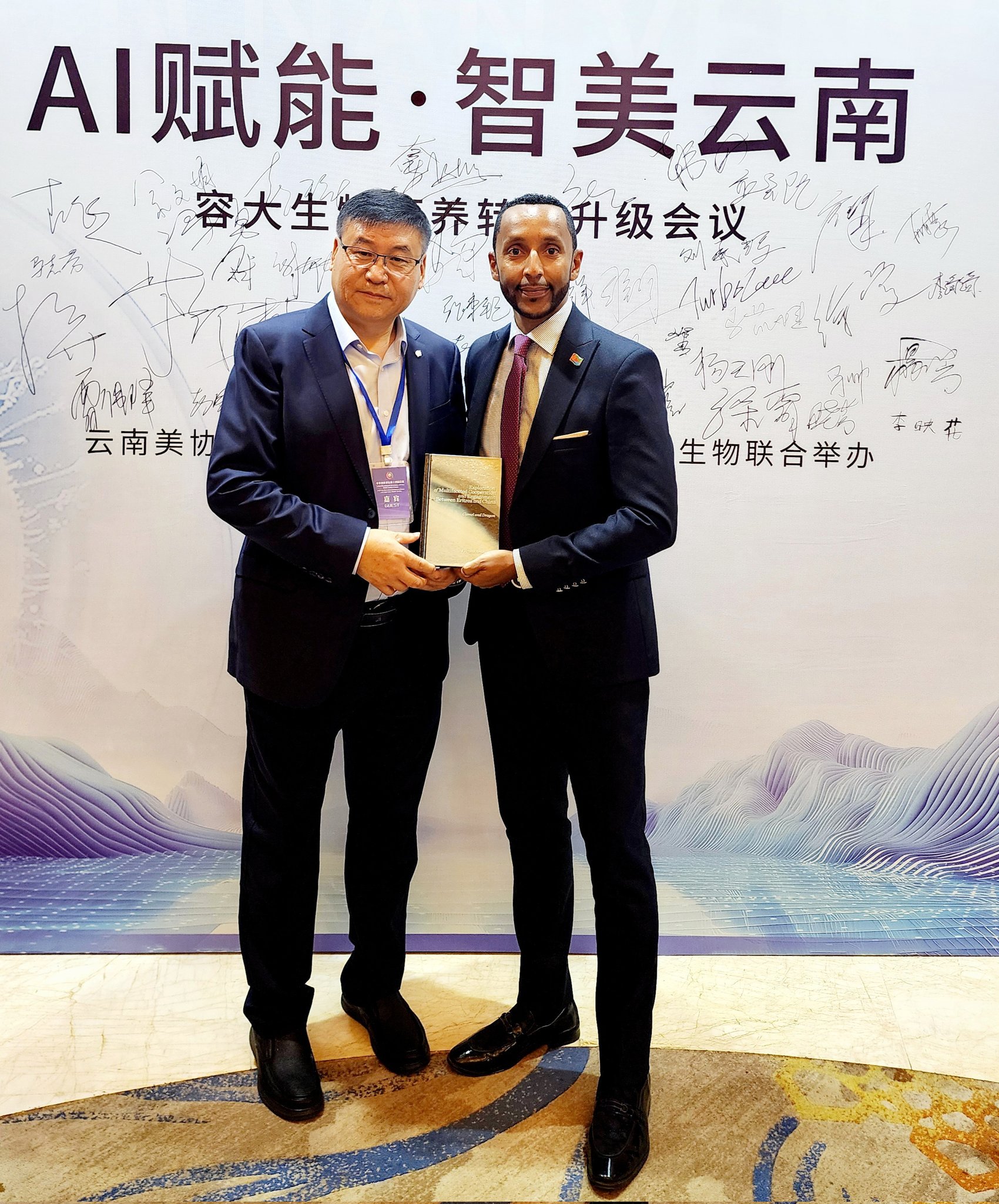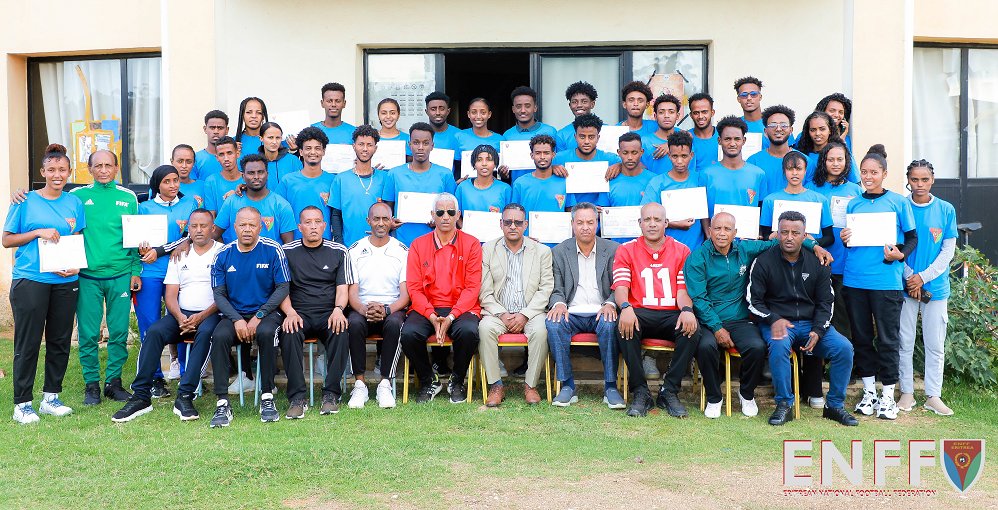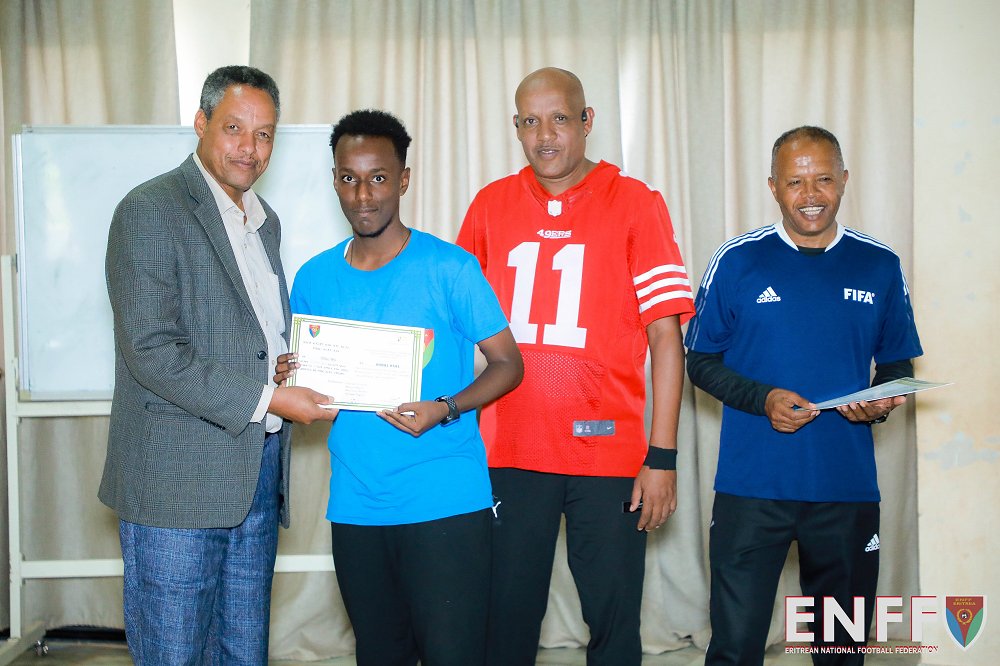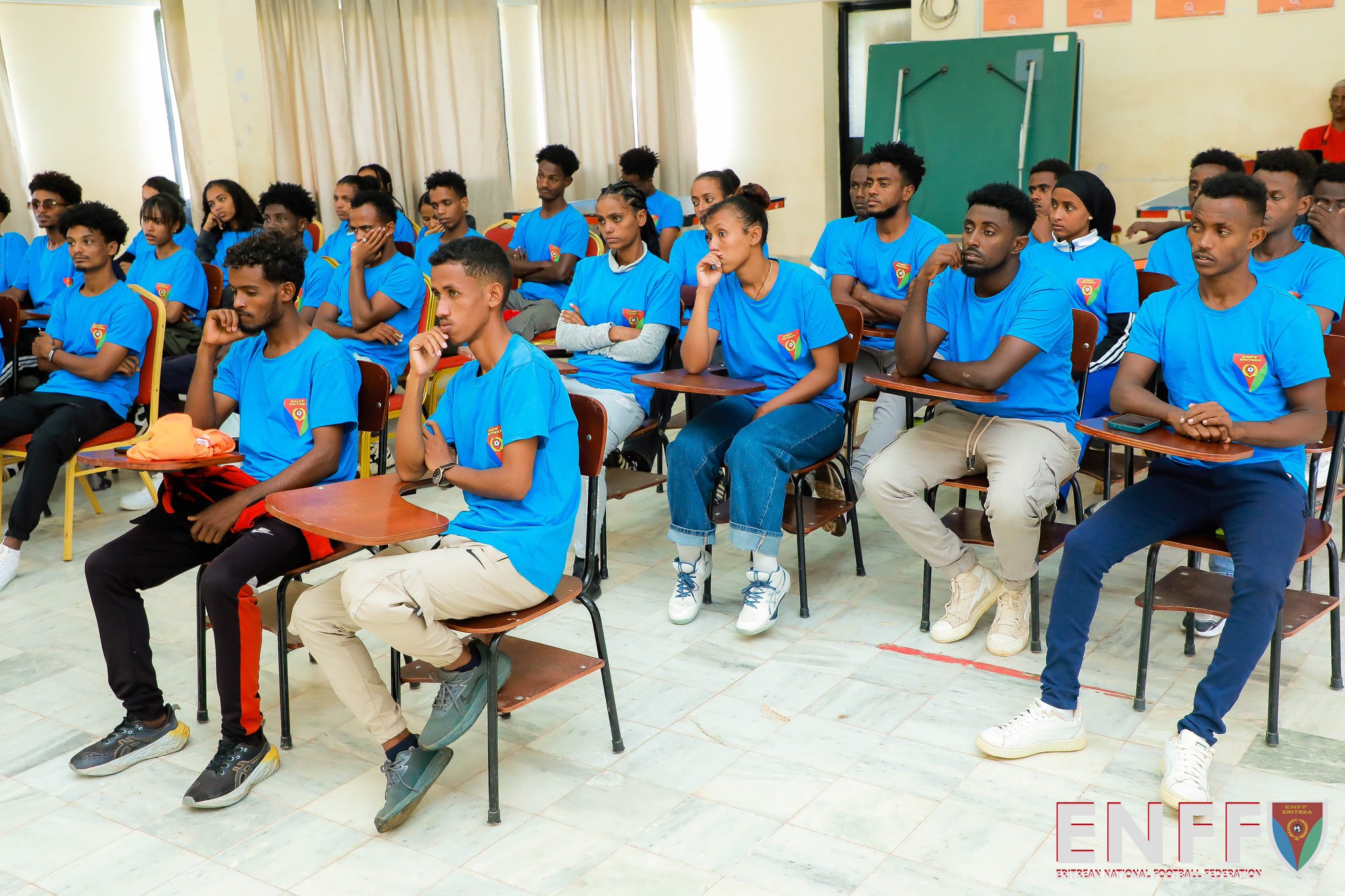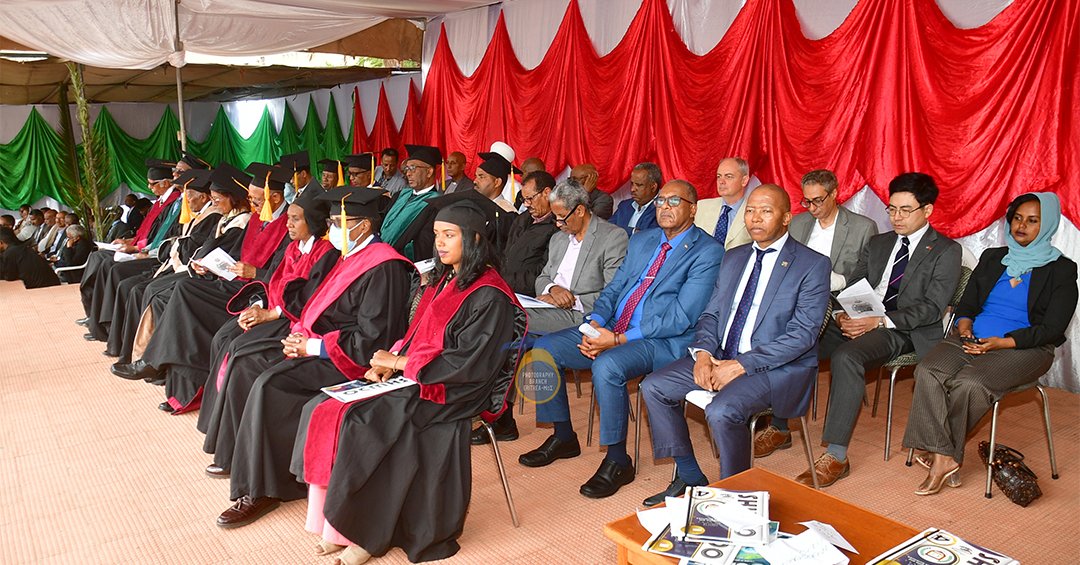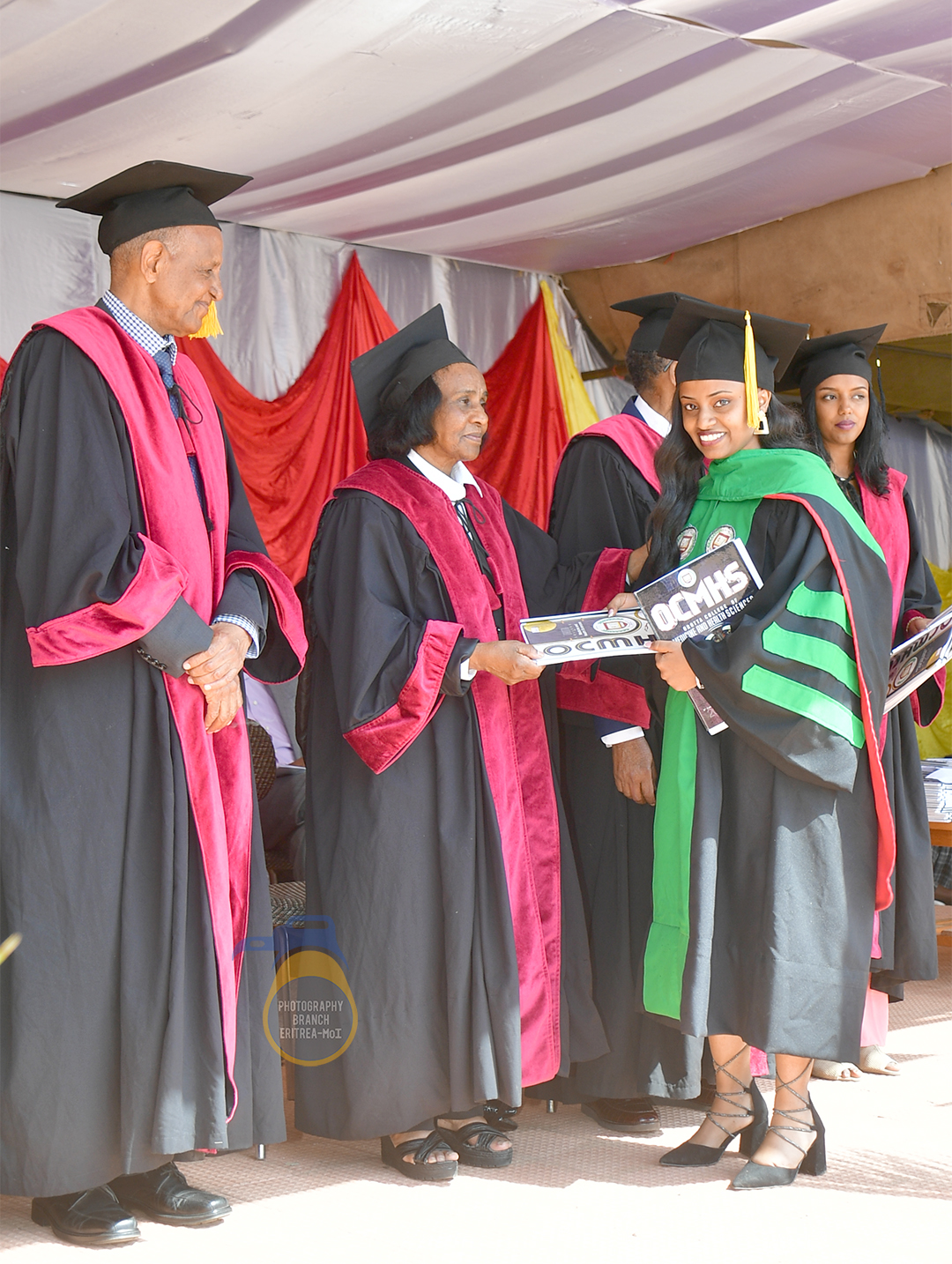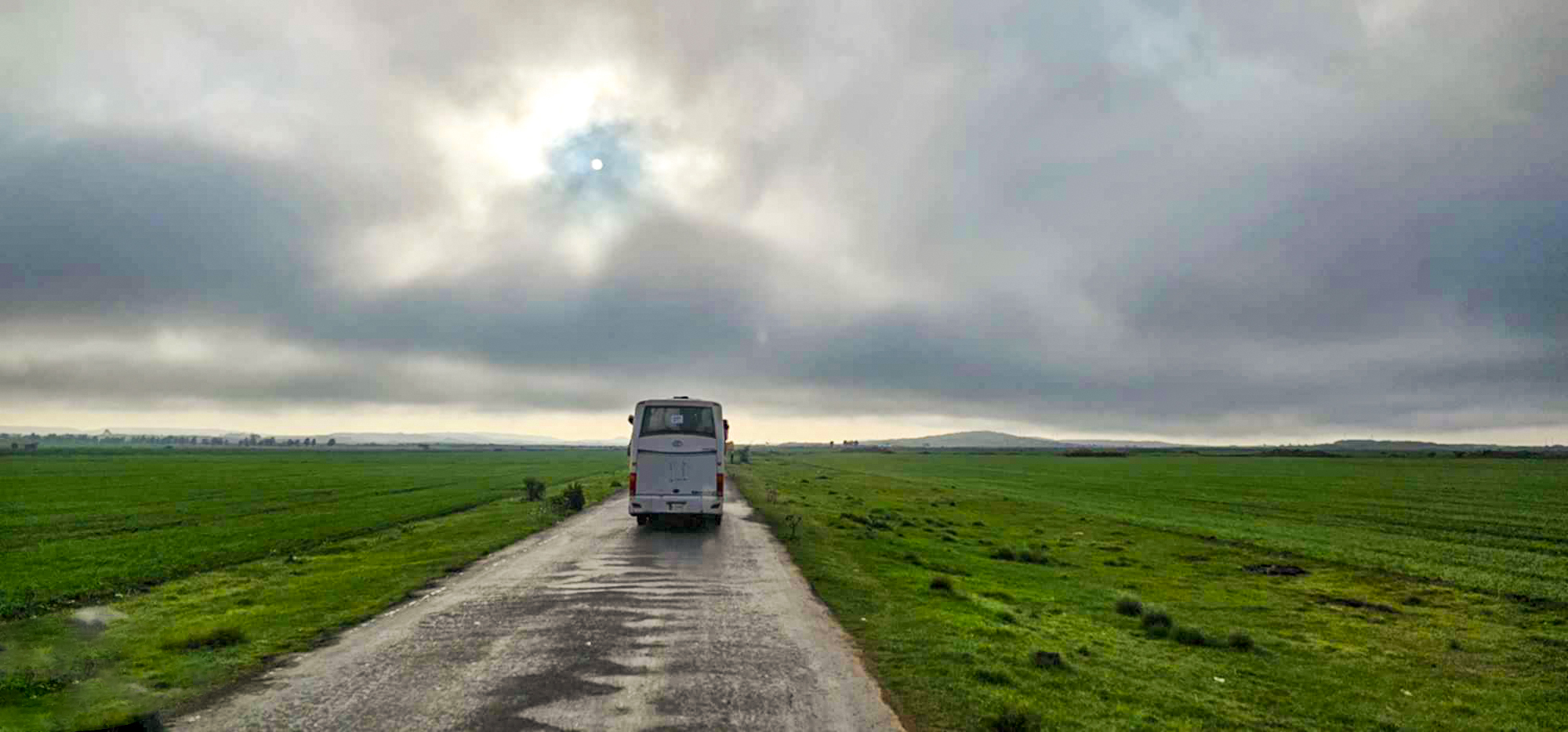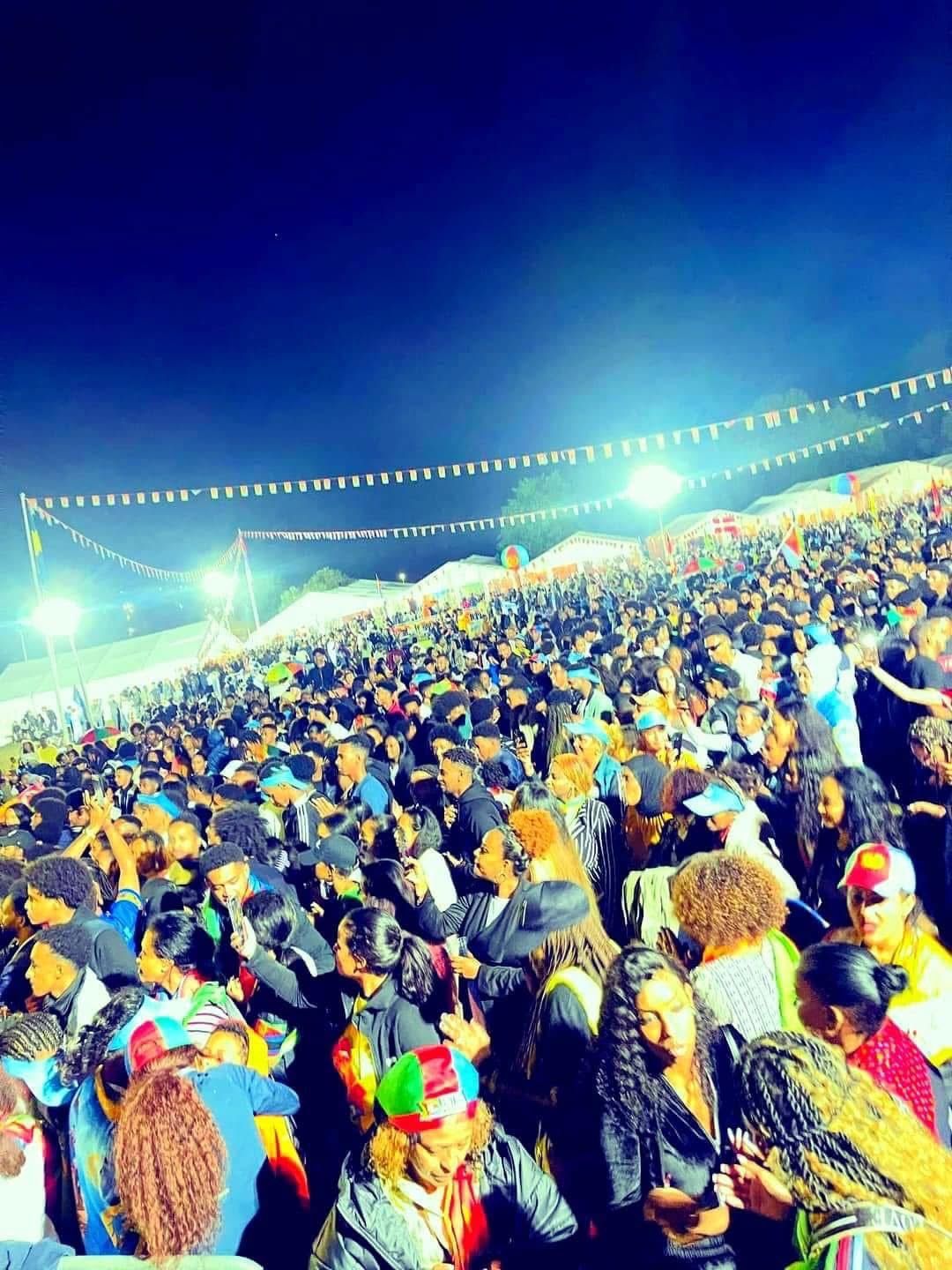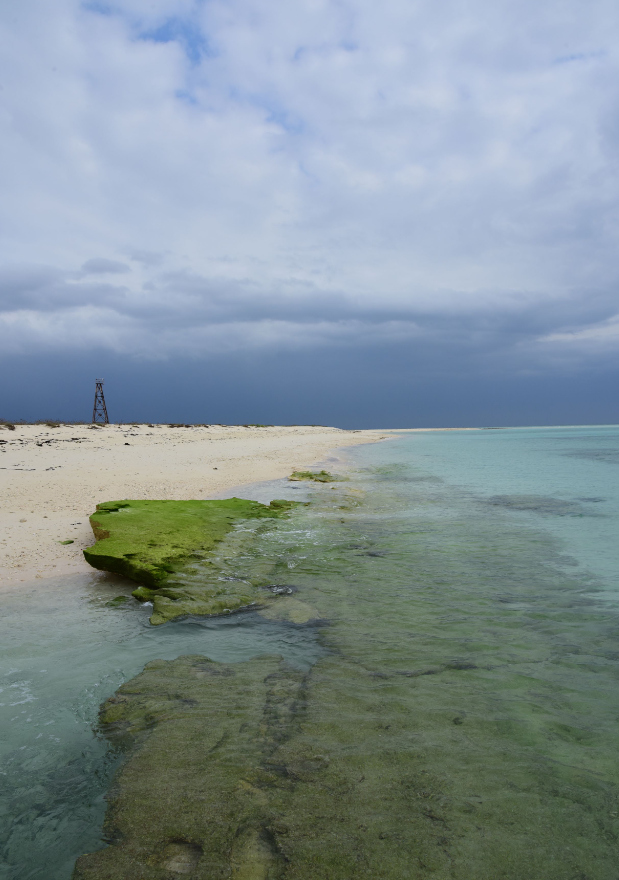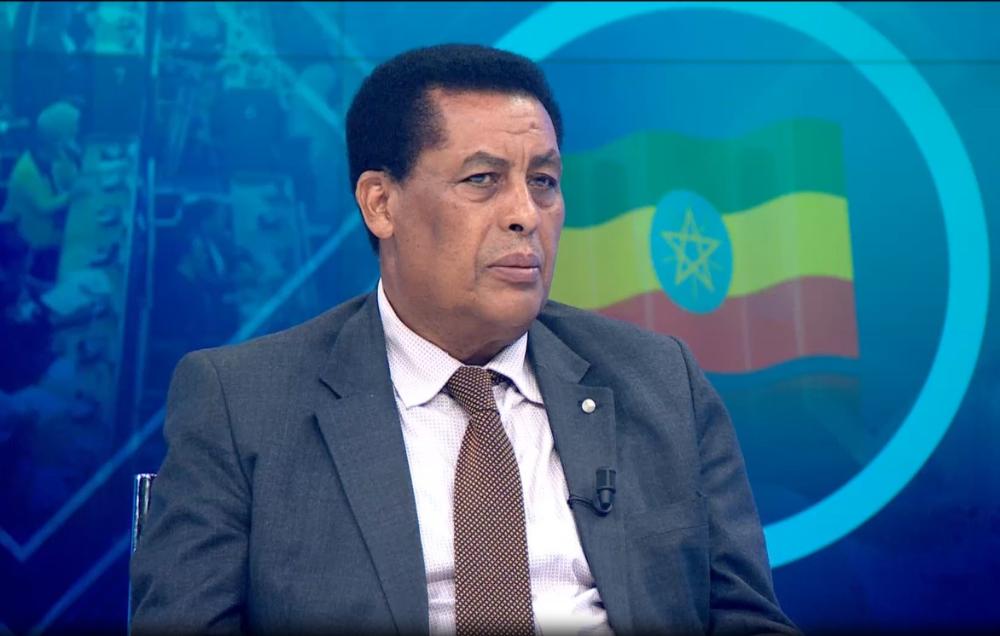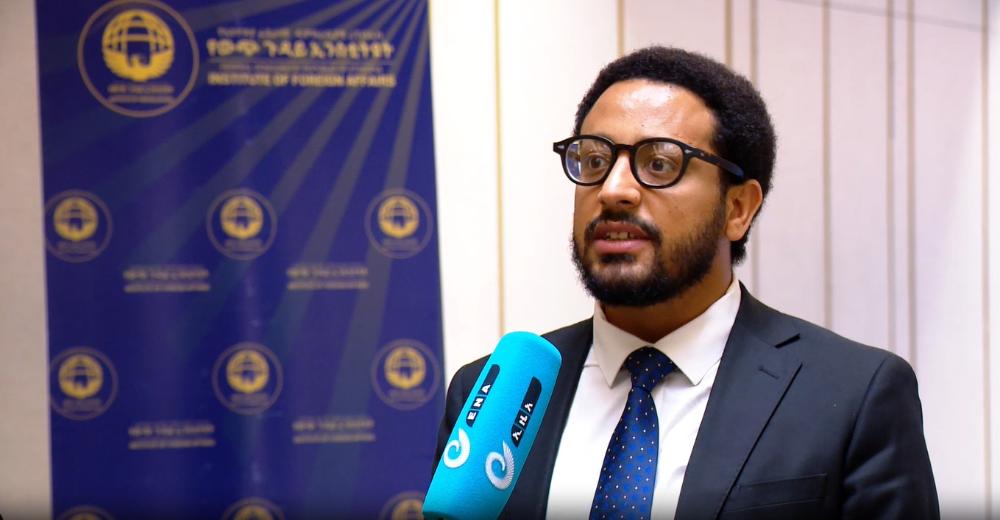In light of the evolving geopolitical dynamics and persistent instability across many regions, it is increasingly evident that a new, coherent political strategy toward Africa, and the Horn of Africa in particular, is urgently needed.
For far too long, U.S. policy toward the region has been marked by inconsistency, securitized engagement, and a lack of contextual understanding. This approach has often failed to reflect the aspirations, complexities, and sovereign interests of Africa|n nations. It has also contributed to further destabilization and mistrust.
What is required now is a principled and forward-looking engagement strategy, one grounded in mutual respect, non-interference, and genuine partnership. A strategy that prioritizes political dialogue over coercion, development over dependency, and sovereignty over strategic expediency.
Africa is not a chessboard for great power competition. It is a continent of agency, resilience, and rising ambition. The Horn of Africa, with its strategic location and historical significance, must be approached not through the lens of crisis management or geopolitical rivalry, but through long-term vision and equitable cooperation.
Only through such a recalibrated and coherent approach can the US hope to foster trust, contribute to peace, and support the region’s path toward sustainable development and self-reliance.
_____________
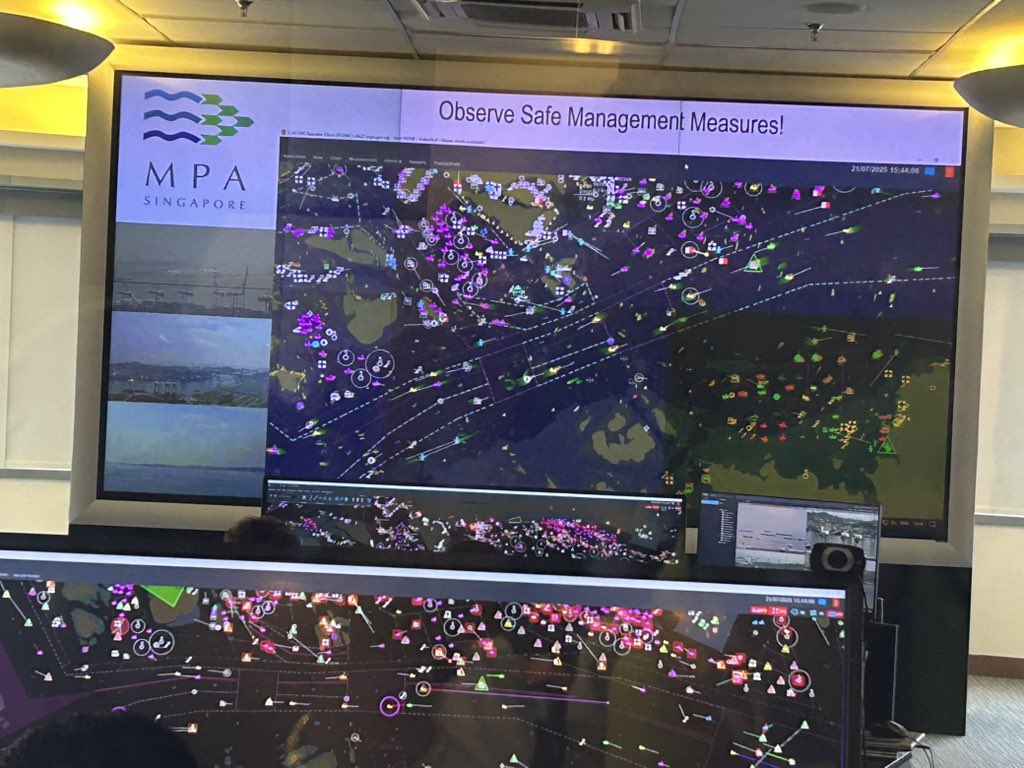
Visiting Singapore puts the issues of land and water into sharper perspective. Eritrea’s land mass is roughly 159 times larger than that of Singapore, an island nation only slightly bigger than Eritrea’s Dahlak Island. The population of both countries is similar…
Despite having similar population sizes, both countries face unique but parallel challenges. In such contexts, human capital becomes the cornerstone of sustainable development, and HE. President Isaias Afwerki alluded to that in his recent interview.
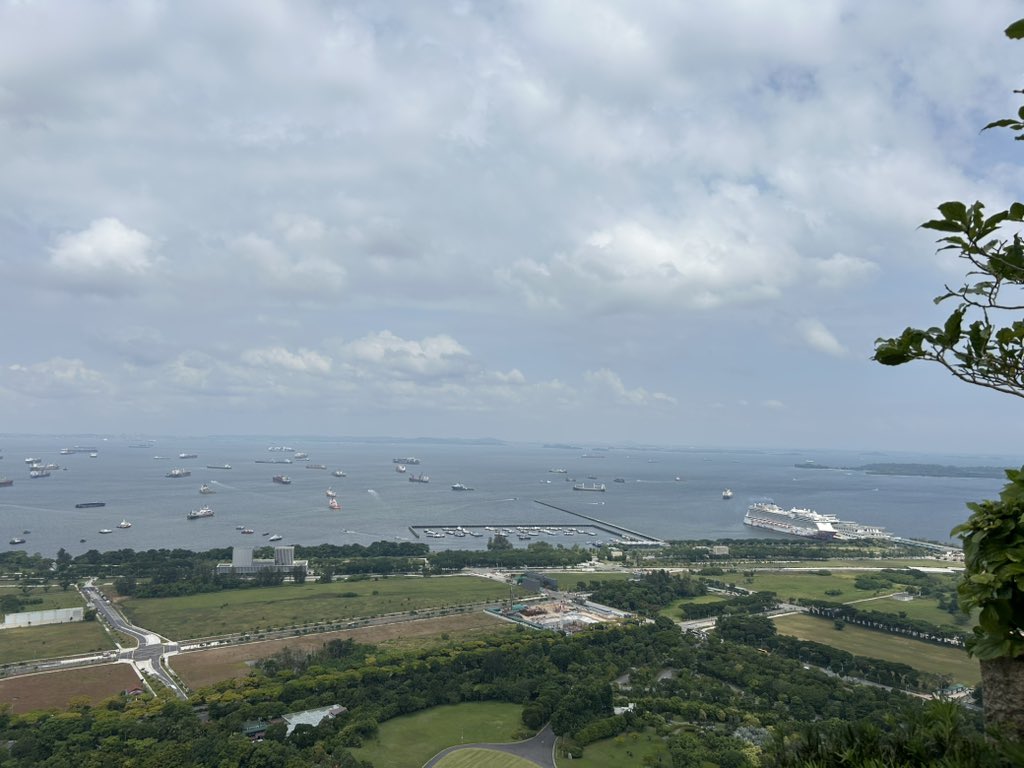
Highlight of our study visit to Singapore included a tour of the Maritime and Port Authority of Singapore (MPA), which oversees the country’s maritime sector, acting as port authority, flag state, and coastal authority. It manages port operations, vessel traffic, and maritime safety, while also regulating ship registration and protecting the marine environment.
MPA plays a key role in developing Singapore as a global maritime hub by promoting innovation, sustainability, and industry growth. Singapore’s ports are among the world’s busiest and most advanced.

With varied services such as container handling, bunkering (ship refueling), pilotage, towage, and ship repair, and as the top global bunkering port, Singapore emphasizes high standards and efficiency.
Recognized for its reliability and strong regulatory framework, Singapore continues to lead in maritime excellence. Eritrea can benefit from this vast experience, that has transformed Singapore’s economy.
We visited the control center that monitors the thousands of ships that go through one of the world’s most important shipping routes…Easy to see the potential for Eritrea’s ports in the busy Red Sea international passage way.
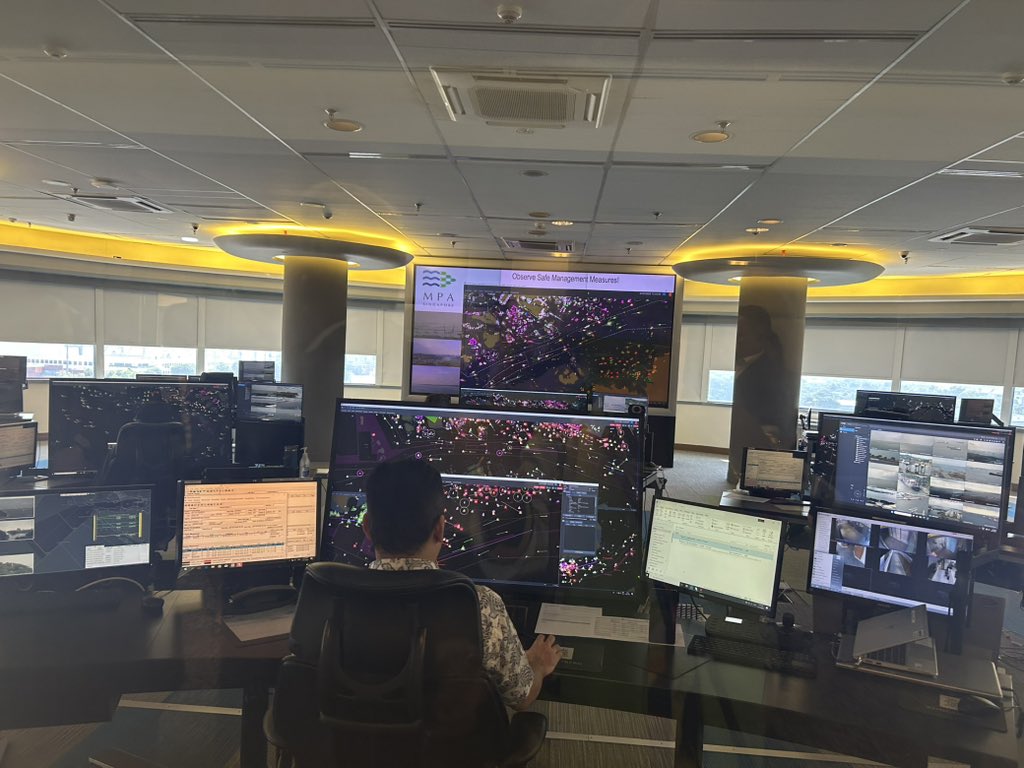
Much to tell about this country and its hardworking people…
Amb. Sophia Tesfamariam @AmbStesfamariam
